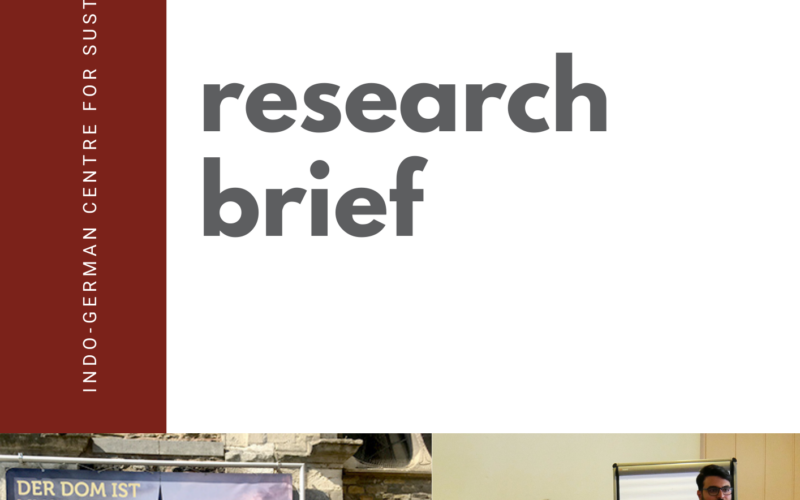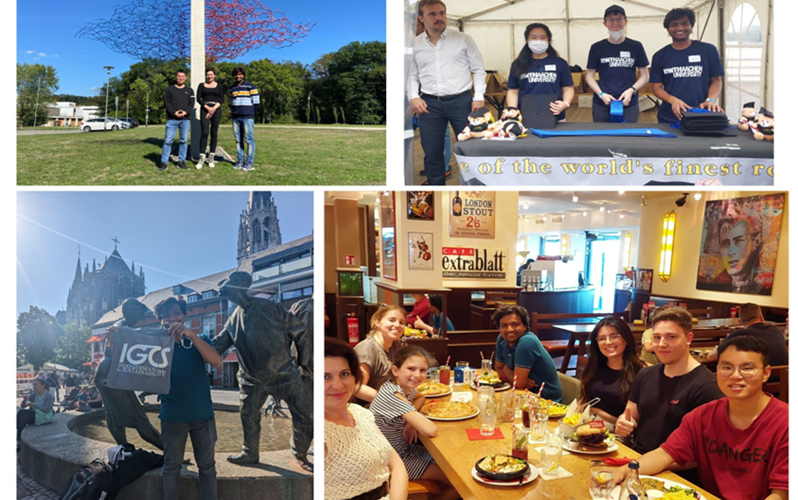IGCS Research Exchange Grantee, Shivam Dwivedi, from the Department of Metallurgical & Material Engineering at Indian Institute of Technology, Madras, Chennai, India, reported their research brief that addresses the challenges in the #fabrication of proton-conducting #electrolysis cells (#PCECs) for large-scale electricity storage by aiming to harness the potential of hydrogen gas for reliable electricity storage. Their research delves into the intricacies of fabricating air electrode cer-cer composites, addressing critical factors such as chemical compatibility, sintering behavior, and mechanical properties.
Through a meticulous process, the study identifies key compositions and optimal sintering temperatures, ultimately honing in on a 70:30 ratio as the most promising candidate. Notably, the inclusion of 3% ethyl cellulose in the binder solution further elevates the material’s potential as an air electrode. Symmetric cells, formed by screen-printing the optimized composite pastes onto sintered electrolyte pellets, undergo thorough examination via scanning electron microscopy.
The research’s significance lies in its electrochemical impedance spectroscopy, conducted between 400-700°C with wet air (3% H2O). Amidst a plethora of compositions and conditions, the 70:30 ratio, with its exceptional #electrocatalytic activity, emerges triumphant as the frontrunner for an air electrode material. This research not only sheds light on the intricacies of PCECs but also paves the way for #transformative advancements in energy storage technology.
Shivam acknowledges Prof. Ravi Kumar, Prof. Olivier Guillon, Prof. Menzler, Dr. Mariya E. Ivanova and Prof. Krishna Vasudevan for their guidance, Sivaguru Nathan for introducing them to the IGCS and IGCS Project Coordinator Lisa Van Aalst for their assistance through the whole application process to RWTH Aachen University and Forschungszentrum Jülich, in Aachen, Germany.
You can read the full report below:


